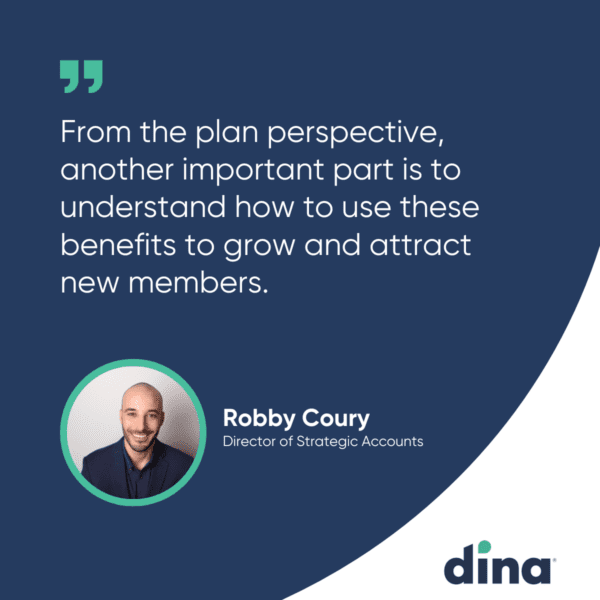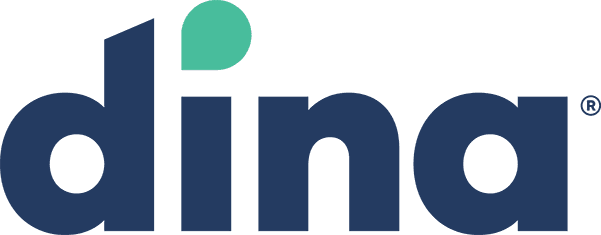
Special Needs Plans (SNPs) and Medicare-Medicaid Plans (MMPs) have long worked to match their dual members with much-needed in home services such as personal care or transportation.
As more plans offer these types of non-medical services, are they having the intended impact?
This question was top of mind at the recent 20th Annual SNP Alliance Fall Leadership Forum in Washington, DC. Dina CEO Ashish V. Shah and Dina Director of Strategic Partnerships Robby Coury were there, and they shared their take on the growth of IHSS and the changing regulatory landscape.

“There is a growing need to make available a suite of both medical and non-medical benefits–and promote utilization–as there is evidence that it will reduce total costs and improve quality and the member experience,” said Shah.
Preparing for Future Data Collection Requirements
Improving data available on LTSS, IHSS and other supplemental benefits has become a key topic of interest for the Centers for Medicare and Medicaid Services (CMS).
CMS issued the Paperwork Reduction Act (PRA) notice with proposed new data collection requirements for organizations offering Medicare Advantage (MA) supplemental benefits.
CMS is proposing to collect data on the specific benefits they offer, number of members who use the benefit, how often they use the benefit, and how much money the plan spends on members who use the benefit.

“Many plans are actively thinking about ways to provide greater transparency to their efforts to address health equity and social determinants through the great benefits they are making available to duals,” said Coury. “The challenge SNP plans now have is implementing a mechanism to collect and analyze data so they can measure the impact of these services.”
IHSS Growth Continues
IHSS benefits are very much part of the SNP landscape and upward growth trends mirror the more traditional MA plans in the marketplace. According to ATI Advisory research:
- Over half of D-SNPs offer general supports for living and nearly half of C-SNPs offer IHSS.
- C-SNPs and D-SNPs offer the top 10 non-medical supplemental benefits at higher rates than I-SNPs.
- More than two-thirds of D-SNPs and C-SNPs will offer food and produce in 2024.
- Non-emergency medical transportation (NEMT) and limited meals are much more common in C-SNPs (90% and 84%, respectively) and D-SNPs (89% and 86%, respectively) than general Medicare Advantage
Determining Value as Plans Grow
Newer supplemental benefits like in-home support and food and produce offer a promising opportunity to promote health equity and address the holistic needs of SNP members.
A first step to determine the value of these benefits is to understand who is using them. Coury said the next step is to figure out how to scale.
“From the plan perspective, another important part is to understand how to use these benefits to grow and attract new members,” he said. “And if you want to add a benefit to your portfolio, how do you do it in a way that scales and helps you stay competitive? We have an ongoing staffing shortage in health care so adding in more people isn’t always the answer.”
Members Expect Quick Activation of Behavioral Health Services. Does Your Plan Deliver?
In under 2 minutes, we’ll show you how easy it is to coordinate behavioral health and home-centered benefits to your members and quickly measure results.




